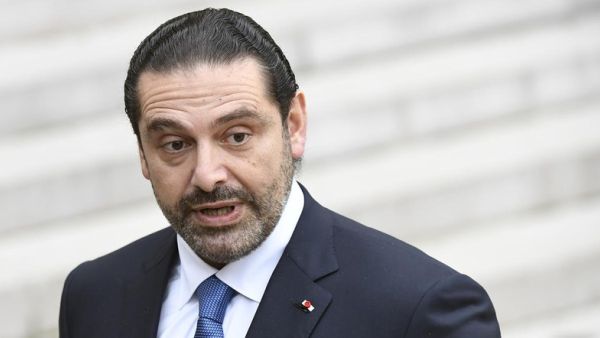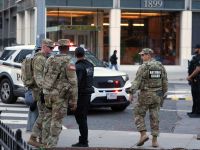Prime Minister Saad Hariri Wednesday addressed the international community, calling on donor countries to exert more efforts in supporting Lebanon to cope with the impacts of the Syrian refugee crisis.
“The bitter truth is that in spite of all our combined efforts, conditions have deteriorated. Lebanon continues to be a big refugee camp,” Hariri said, speaking during the opening of the second day of the “Supporting the Future of Syria and the Region” conference held in Brussels.
He said that as the Syrian crisis has entered its eighth year, Lebanon has continued to show hospitality and solidarity with the Syrian refugees but that the situation for refugees and host communities had not improved over the last year.
“[This is] at a time when the capacities of the host communities and government infrastructure and services are being overstretched and exhausted,” Hariri said.
He said tensions have increased between refugees and host communities due to competition over limited resources and jobs,
“and partly because the host communities have seen their economic and social conditions worsen due to the crisis.”
Hariri told the attendees that the Lebanese government committed to the promises it made at Brussels I, including waiving the residency fee for the refugees and allowing them to renew their legal stay in Lebanon without such a steep financial burden. This is in addition to adopting measures facilitating the birth registration of refugee children born in the country as well as easing marriage registration process if one of the spouses had legal residency.
“Most recently, displaced children who turned 15 years old in Lebanon and are not in possession of a Syrian ID or passport, have been authorized to present a civil extract to secure legal residency,” Hariri said adding to the changes that the government has adopted.
He also stated that the education sector has witnessed some progress, with a 13 percent increase in the overall enrollment of refugee children in formal education. "With a total of 221,000 children enrolled in public schools, 68,000 in private and subsidized schools, and 93,000 enrolled in non-formal education programs," Hariri noted. "Moreover, the Ministry of Public Health, together with its national and international partners, has made major progress to ensure that affordable healthcare is provided to the displaced."
This article has been adapted from its original source.








